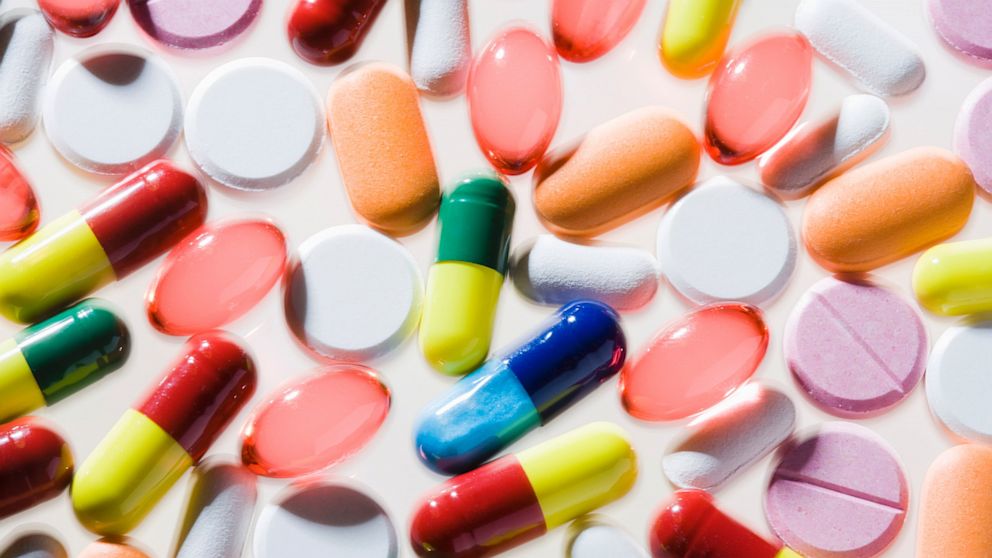Rogue Online Pharmacies Prey on U.S. Patients
Approximately 97 percent of online pharmacies are rogue, according to officials.

Oct. 9, 2013— -- The Washington D.C. apartment where Vassilios Stassinos was found dead looked more like a pharmacy than a residence in the nation's capital.
Metropolitan Police Department officials had been called to the apartment on E Street on Jan. 26. 2009, where they found Stassinos' dead body and a trove of more than 17,000 pills.
Among the packages, which were labeled in Chinese and Urdu, were brand name prescription drugs including Xanax, Vicodin, Ritalin and Valium, according to a criminal complaint filed in U.S. District Court.
Stassinos, who had died of natural causes, was neither a pharmacist nor a physician, and further investigation of documents and computers seized from his apartment revealed he was conducting business with an alleged rogue online pharmacy titan located 7,000 miles away in Karachi, Pakistan.
The federal complaint indicated investigators believed Stassinos was distributing the drugs in the U.S.
Rogue internet pharmacies are billion dollar illicit operations that launder their profits and put United States consumers at risk by providing substandard or counterfeit drugs, according to a report earlier this year by the U.S. Government Accountability Office.
The operation Stassinos was allegedly involved in is one of thousands of rogue online pharmacy operations located abroad and serving U.S. customers, who according to the FDA, face considerable risks by patronizing them.
The Food and Drug Administration has estimated that one in four Americans buys prescription drugs online, often from what are fake pharmacies.
How to Know Your Online Pharmacy Is Safe
"These rogue internet pharmacies may sell drugs that are expired, improperly labeled, or are counterfeits of other drugs," the GAO report warned earlier this year.
It is a lucrative business.
"There is enough money there that people are keeping these sites in business," said Carmen Catizone, executive director of the National Association of Boards of Pharmacy, an independent group that supports the state boards of pharmacy in creating uniform regulations.
The problem of rogue online pharmacies is so pervasive that 97 percent of them are deemed dangerous for use by U.S. consumers, according to the findings outlined in the GAO report.
"They're criminal enterprises," Libby Baney, executive director at the Alliance for Safe Online Pharmacies, told ABCNews.com.
Baney said the large online pharmacies skirting U.S. laws each earn upwards of $1.5 to $2 million per month.
Lobbying Group Wants More Regulation of Online Pharmacies
Serious efforts to police the illicit drug outlets began in 2008 when Congress passed the Ryan Haight Online Pharmacy Consumer Protection Act. Haight, 18, died seven years earlier of an overdose from painkillers he procured online by filling out a simple questionnaire.
But efforts to crack down on the fake pharmacies clearly have not halted them.
In March, nine people were forced to forfeit more than $94 million in proceeds connected to a rogue online pharmacy.
Also that month, two Rhode Island men admitted in court they participated in a scheme to repackage drugs and sell them over the internet. A portion of the illegal drug profits was then laundered to associates in Israel, according to the Department of Justice.
Baney said that although these crackdowns represent progress, there is still plenty more illicit businesses that aren't being detected.




